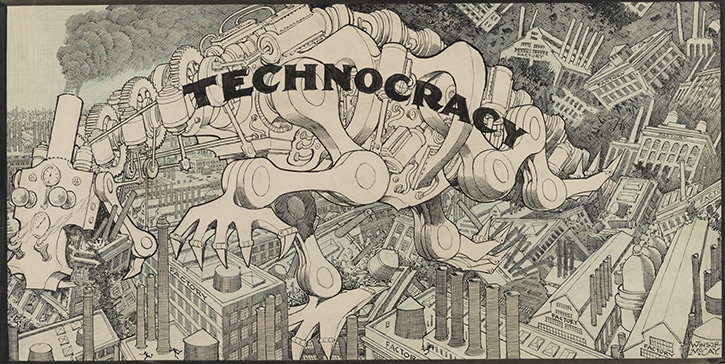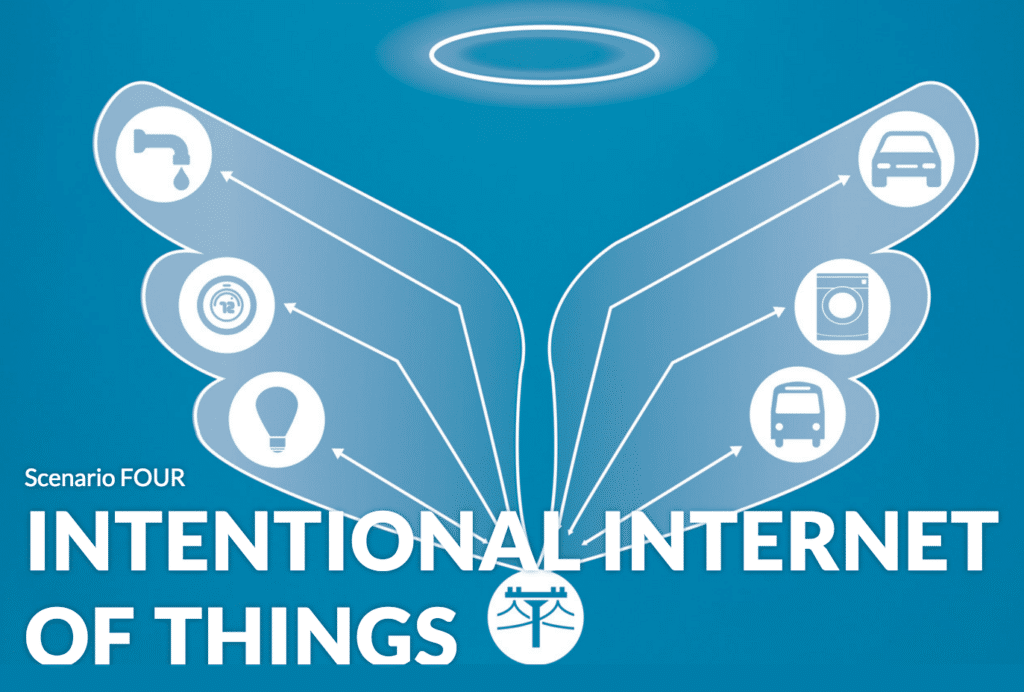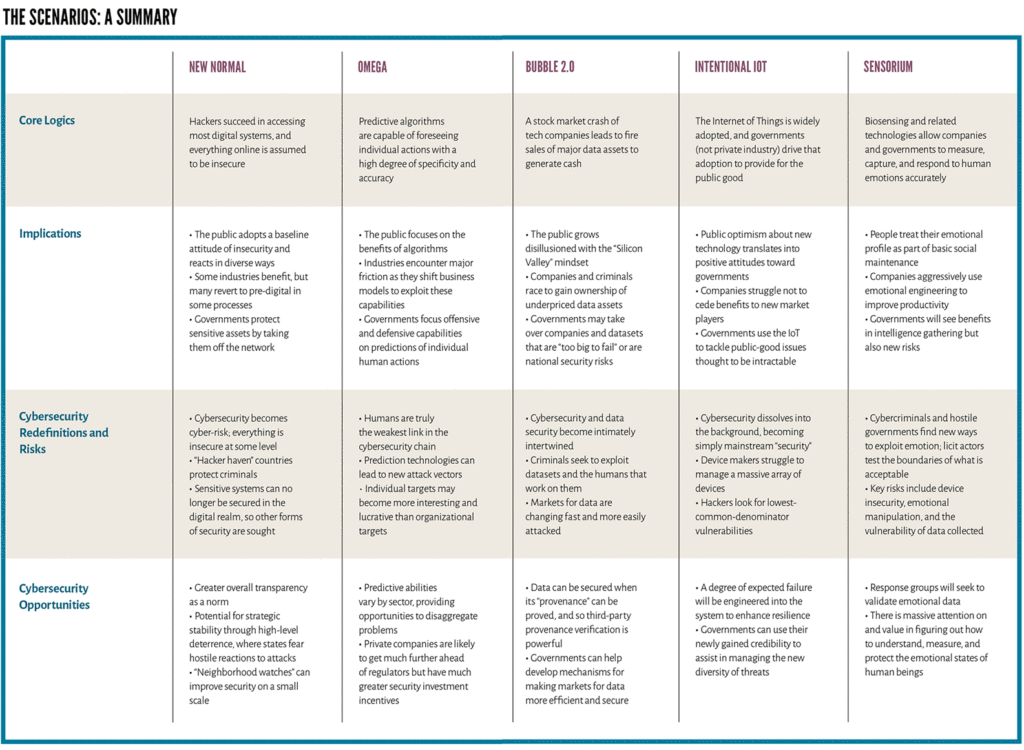
In-brief: technology advances including the growth of the Internet of Things will make cybersecurity a top concern for individuals and governments, enabling a variety of futures – some sunnier than others, according to a report from UC Berkeley and the Hewlett Foundation.
The security of connected devices and threats to them will soon take a central place within the minds of individuals and the priorities of governments around the world, echoing the role once played by nuclear weapons. That, according to a daring new report from researchers at the Center for Long Term Cybersecurity at the University of California Berkeley.
Cybersecurity is at the threshold of having “profound psycho-social impact,” according to the report, Cybersecurity Futures 2020, which is a collaboration between Berkeley’s School of Information with the Hewlett Foundation.
“Cybersecurity for individuals has been a nuisance or an embarrassment…but not a fundamental risk that changes how we live. Cybersecurity is about to have this type of psychosocial impact,” the report concludes, likening it to the position occupied by nuclear security in the generation of Americans who lived through the nuclear arms race and the crises of the 1950s. In short, cyber security will be “an ever-present existential threat that shadows human life and calls for massive global action.”

The report warns of a number of possible futures, both hopeful and dark, in which technology driven trends that are already observable become more pronounced, resulting in profound social and economic change (or dislocation).
Among the sunnier predictions is a scenario that the report dubs the Intentional Internet of Things. In that possible future, the world somehow gets the IoT right.
“Government will intentionally drive IoT adoption to help societies combat recalcitrant large-scale problems in areas like education, the environment, public health, and personal well-being. This will be widely seen as beneficial, particularly as the technologies move quickly from being household novelties to tools for combating climate change and bolstering health,” the report said. Urban areas will develop into “smart cities” and cybersecurity will “fade as a separate area of interest.” “When digitally connected technologies are part of everyday life, their security is seen as inseparable from personal and national security.”

But its not all sunny. Just as IoT technologies improve public life and “reinvigorate the role of governments,” societies will also become more vulnerable to disruption, as IoT technologies become deeply woven into the fabric of government.
Other future scenarios are more obviously dystopian. In one, hacking and cyber crime continue to accelerate while the capabilities of law enforcement fall further behind. The result is resignation. “Small- and medium-scale cyberattacks become an everyday occurrence and also more personal,” while “digital natives” think it normal to access and interfere with others’ data. The responses to this will vary: with some removing themselves from the online world to protect their privacy, while others practice extreme transparency: inoculating themselves from exposure by making their data public.
The relative likelihood of any of the five scenarios becoming reality hinges on “how the political economy of data evolves,” the Berkeley researchers conclude. Data is the currency of the 21st century, making it inherently valuable in a way that it hasn’t been in previous generations.
How data is used – what the report refers to as “the interactive dance between data and algorithms” becomes an important variable in the shape of the threat landscape.
Governments have an important rule to play, especially in creating standards for device security. “Many new types of devices (and accompanying security systems) will be developed and deployed by 2020 by a very wide range of firms (small and large) around the globe, and from diverse economic sectors,” the report notes. “Many of these new entrants will be poorly prepared and lacking incentives to ensure security. This presents a significant opportunity for governments and transnational organizations to act.”
Advances in artificial intelligence and data analysis may enable corporations and governments to “predict individual human behavior and come to ‘know’ us (not just what we buy or where we go) better than we know ourselves,” the report warns. Memories themselves may become storable, searchable and possibly changeable, the report observes. Such changes may “go to the essence of what it means to be human, how we interact with one another, what freedom and fairness mean, and ultimately how we assess a feeling we call ‘security.'”
No surprise: the report finds “no silver bullet in cybersecurity.” Rather, security challenges and solutions change to respond to new threats that emerge as “digital capabilities expand to fill the space of what is technically possible.” As in other areas of human activity, bad actors will “coevolve” with good actors, with the tension between the two never entirely resolved in the favor of one or the other.
